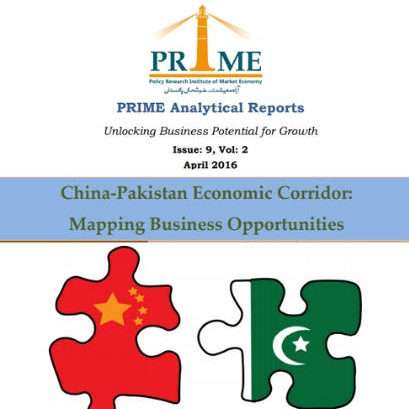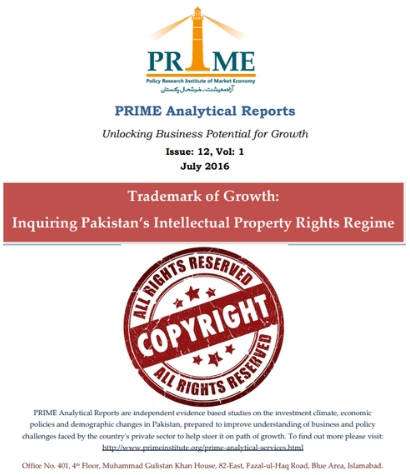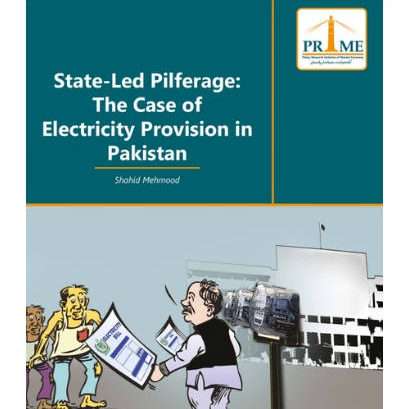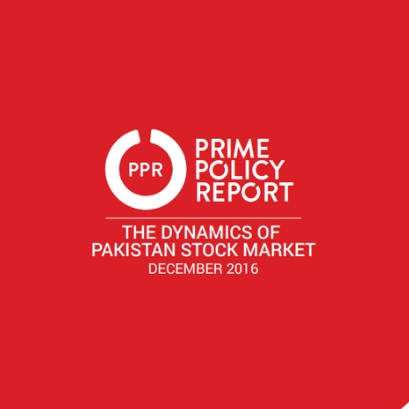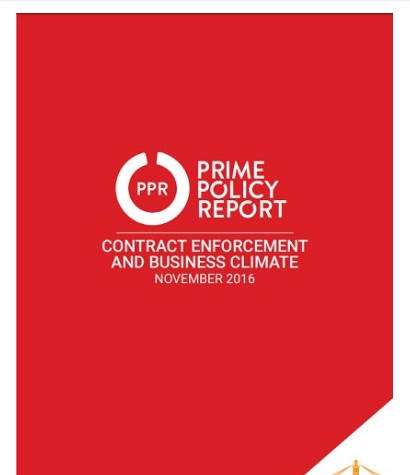Economic Freedom of the World Report (2013)
The index published in Economic Freedom of the World measures the degree to which the policies and institutions of countries are supportive of economic freedom. The cornerstones of economic freedom are personal choice, voluntary exchange, freedom to compete, and security of privately owned property. Forty-two variables are used to construct a summary index and to measure the degree of economic freedom in five broad areas:





